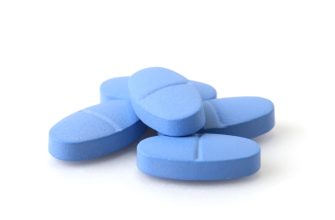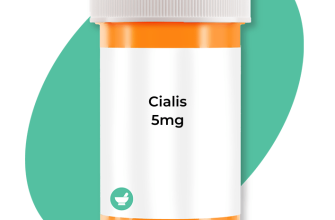Atenolol helps control blood pressure and heart rate. Your doctor prescribes the dosage based on your specific needs; typical starting doses range from 25mg to 50mg daily.
Common Uses
- High blood pressure (hypertension)
- Angina (chest pain)
- Heart attack prevention
- Migraine prevention (in some cases)
Remember, this isn’t an exhaustive list, and your doctor will determine the best use for you. Always follow their instructions precisely.
Potential Side Effects
Like all medications, Atenolol can cause side effects. Common ones include dizziness, fatigue, nausea, and cold hands and feet. Less common but serious side effects exist. Consult your physician if you experience:
- Slow heart rate (bradycardia)
- Shortness of breath
- Swelling in ankles or feet
- Severe allergic reactions
This isn’t a complete list. Report any unusual symptoms to your healthcare provider immediately.
Important Considerations
Before starting Atenolol, inform your doctor about all your existing medical conditions, including asthma, diabetes, and kidney or liver problems. Also, discuss any medications you’re currently taking, including over-the-counter drugs and supplements. Atenolol can interact with other drugs.
Note: This information serves as a general overview and doesn’t replace professional medical advice. Always consult your doctor or pharmacist for personalized guidance regarding Atenolol or any other medication.
Dosage and Administration
Your doctor will determine the appropriate dose for you. Typically, it’s taken once daily, with or without food. Never adjust your dosage without your doctor’s approval.
Missed Dose
If you miss a dose, take it as soon as you remember, unless it’s almost time for your next dose. Never double the dose to compensate for a missed one.
Interactions with Other Medications and Considerations for Specific Patient Groups
Always inform your doctor about all medications you take, including over-the-counter drugs and herbal supplements, before starting Atenolol. This is particularly important for drugs that lower blood pressure or heart rate, such as other beta-blockers, calcium channel blockers, or certain diuretics. Combining Atenolol with these can lead to excessively low blood pressure or a dangerously slow heart rate.
Atenolol can interact negatively with insulin or oral hypoglycemics. Patients with diabetes should closely monitor their blood sugar levels while taking Atenolol. This medication can mask the symptoms of hypoglycemia (low blood sugar), delaying appropriate treatment.
Certain anesthetic drugs may interact adversely with Atenolol. Discuss your medication regimen with your anesthesiologist before any surgical procedure. This prevents potential complications during surgery and recovery.
Patients with asthma or chronic obstructive pulmonary disease (COPD) should use Atenolol with caution. While it’s not a contraindication for everyone with these conditions, the medication may worsen bronchospasm in susceptible individuals.
Older adults are more sensitive to the side effects of Atenolol and should receive lower doses. Careful monitoring for adverse effects like hypotension and bradycardia is necessary in this population.
Women who are pregnant or breastfeeding should discuss the risks and benefits of Atenolol with their doctor. Atenolol can cross the placenta and may be present in breast milk.
Patients with kidney or liver disease may require dose adjustments to avoid medication accumulation. Your physician will determine the appropriate dosage based on your individual kidney and liver function.
Individuals with a history of heart failure should be carefully monitored during Atenolol treatment. It’s crucial to report any new or worsening symptoms of heart failure immediately.










